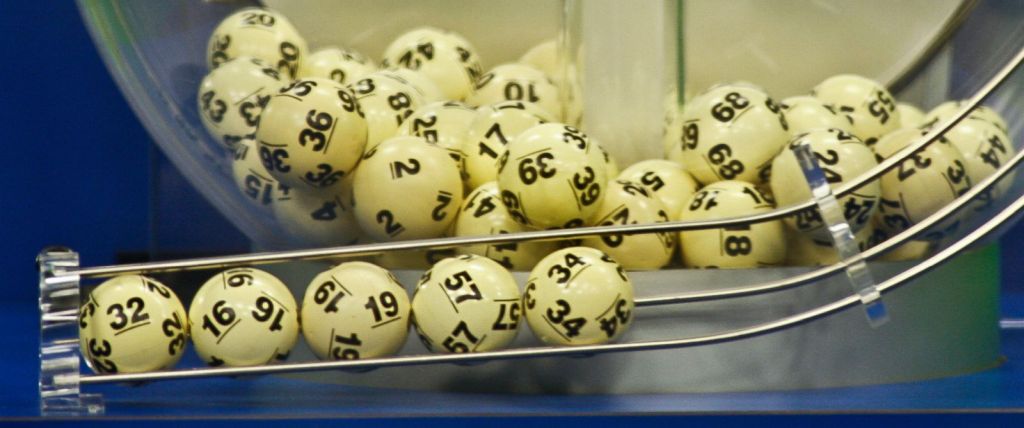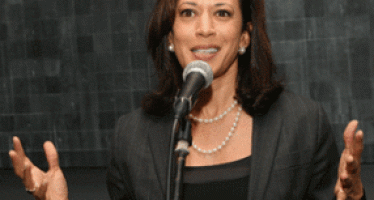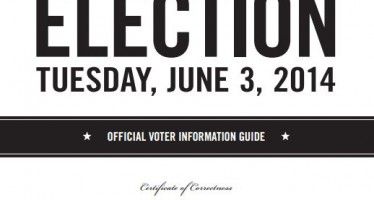Huge CA Powerball sales sharpen lottery debate

Photo Credit: ABCnew.com
Californians joined in the country’s fever over an extraordinary Powerball prize, leading the nation in ticket sales — but not without raising conflicting feelings about the lottery.
“In California, about 80 cents of every $2 ticket sold goes toward education,” as the Los Angeles Times reported. “Nationwide, more than $1 billion in Powerball tickets were sold, lottery officials said.”
Playing with fire
But the mind-boggling sum at stake has brought California’s long debate over the virtues and vices of state lotteries back into the spotlight. “Addiction experts are concerned the rising Powerball jackpot could bring those dealing with gambling addictions back into their old habits,” according to CBS Sacramento. “The odds of winning Wednesday’s $1.5 billion drawing [were] 1-in-292 million, but the odds of having a gambling addiction in California are 1-in-25.”
The controversy has extended to the popular practice of office pool purchases in the workplace. “Previous groups of lotto winners have seen their feelings of victory evolve into anger and disputes that ended up in court for years when one buyer claimed there was never a pool, or someone who didn’t pitch in money feels they should still have been included,” as NBC Los Angeles cautioned.
Nationwide, meanwhile, the debate has roped in religious figures as well, with some pastors beginning to publicly question the wisdom of the system, as the Christian Post recently noted.
For years, critics have pointed to analyses that suggest poor lottery players are impacted negatively and disproportionately by the allure of massive paydays. “While approximately half of Americans buy at least one lottery ticket at some point, the vast majority of tickets are purchased by about 20 percent of the population. These high-frequency players tend to be poor and uneducated, which is why critics refer to lotteries as a regressive tax,” as Wired reported in 2011. “In a 2006 survey, 30 percent of people without a high school degree said that playing the lottery was a wealth-building strategy,” the magazine observed. “On average, households that make less than $12,400 a year spend 5 percent of their income on lotteries — a source of hope for just a few bucks a throw.”
The cost of winning
Even those who beat the odds have sometimes found themselves more cursed than blessed by riches. “The sad truth of lottery winners is that their lives don’t always end up as idyllic as they might imagine, many of them becoming not only the target of a massive tax burden and low-level scam artists, but also a magnet for their own vices,” as Jared Keller wrote at Pacific Standard.
“Suzanne Mullins won the Virginia lottery in 1993 and ended up paying out a $154 million settlement to a loan company after going deeply into debt; Evelyn Adams gambled away $5.4 million in Atlantic City; Willie Hurt blew $3.1 million on a crack addiction. Even Pentecostal preacher Billy Bob Harrell Jr.’s generosity after winning a $31 million jackpot in 1997 became his undoing — he simply couldn’t say no when people asked for a handout, and ended up killing himself after his money (and wife) ran out.”
Assuming a Californian winner preserved his or her fortunes in other ways, both good and bad news remain on the tax front. “In this 44-state contest it may be advantageous to win in California, which is one of 10 states where the lottery winner will not be required to pay state taxes,” the Orange County Register surmised. “Still, the federal tax bite is fairly big, leaving a lump-sum winner with $524 million.”
Impacting schools
Despite the commotion and concern, California education advocates have insisted that Powerball was making even more of a positive impact than usual. “Last year, on average, Powerball pulled in about $7 million in gross revenue in California each week, which means a not-so-whopping 42 cents or so was allocated to each of the state’s 6.2 million students,” as the San Francisco Chronicle reported. “Last week, though, as the jackpot climbed into the stratosphere, people dreamed of buying jets and yachts and sports franchises. The state sold $267.5 million in Powerball tickets, or about $16 per kid.”
Related Articles
Harris tempts challengers with ‘blood sport’ politics
Attributing her success to a “blood sport” view of politics, California Attorney General Kamala Harris has established herself as the leading contender to
AB 32 Turning Into Pollution Pork
JUNE 13, 2011 By WAYNE LUSVARDI Call it “pollution pork.” Gov. Arnold Schwarzenegger has been gone only five months and
June voter guide gives candidates’ visions for CA
Are you ready for some campaigning? In recent days voters have received in the mail Official Voter Information Guide for the




